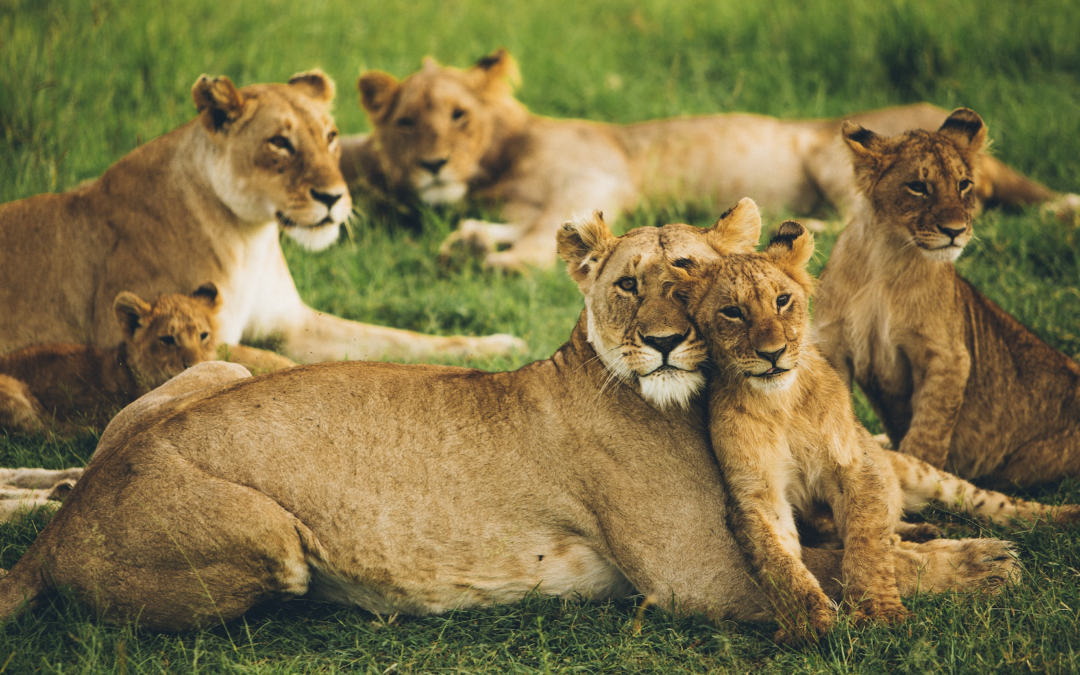Image credit: Leonard von Bibra via Unsplash
Monday, March 20th, marks the 11th annual International Day of Happiness. The United Nations has specified this year’s theme as ‘Be Mindful. Be Grateful. Be Kind’. International Happiness Day represents our ability to create a happier and kinder world by adopting simple daily practices. This holiday is an excellent opportunity to reflect on the things, people, and activities that spark joy in our lives and how we can bring about more happiness and joy for ourselves and the people around us.
March 20th was designated International Day of Happiness in 2012 following a United Nations resolution that specified that members of the UN should attempt to develop measures that will better grasp the significance of the pursuit of happiness and wellbeing in development. The UN marks this event every year by holding an event to release the results of the World Happiness Report and discuss some of the more intriguing findings.
“Happiness is not something ready made. It comes from your own actions.”
-Dalai Lama
This is one of OneNature’s favorite international holidays as we get to take a step back and remember that happiness and wellbeing are universal goals for people and institutions around the world and that it’s important we make an effort to implement them in policy objectives. We firmly believe that happiness and wellbeing are vital to conservation, our economy, and politics.
This year, OneNature president Beth Allgood is in the field in Kenya, implementing our wellbeing approach to conservation by using step one: Deep Listening and step two: Adapting the Survey and Collecting the Data. She’ll be spending some time discussing and consulting with local communities to better understand what is required to increase wellbeing and happiness.
This time last year, OneNature published our report, Advancing Wellbeing for All Beings. We believe that we must establish why and how we can make wellbeing an objective of policy. Shifting towards a wellbeing economy and valuing wildlife and nature is the key to a new and promising future that values humans’ wellbeing and happiness. Happiness, wellbeing, and nature have inextricable links. It’s important that these links are thoroughly understood and taken into account during the decision-making process. A wellbeing approach to conservation, like ours, can be used not just to support communities, it can also inform and facilitate decision-makers to better understand the value and relationships communities have to wildlife and nature. Creating space for happiness and wellbeing measures and objectives can help us foster a happy and just world.
